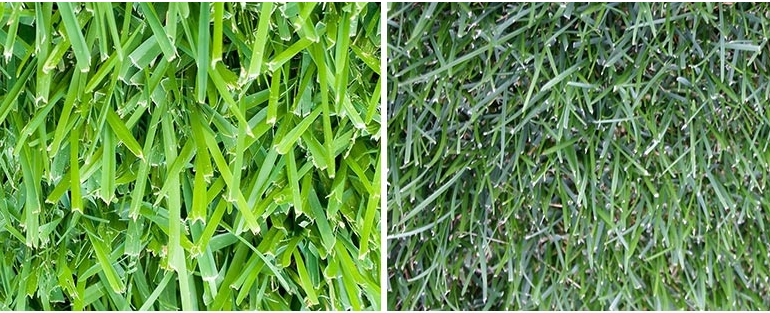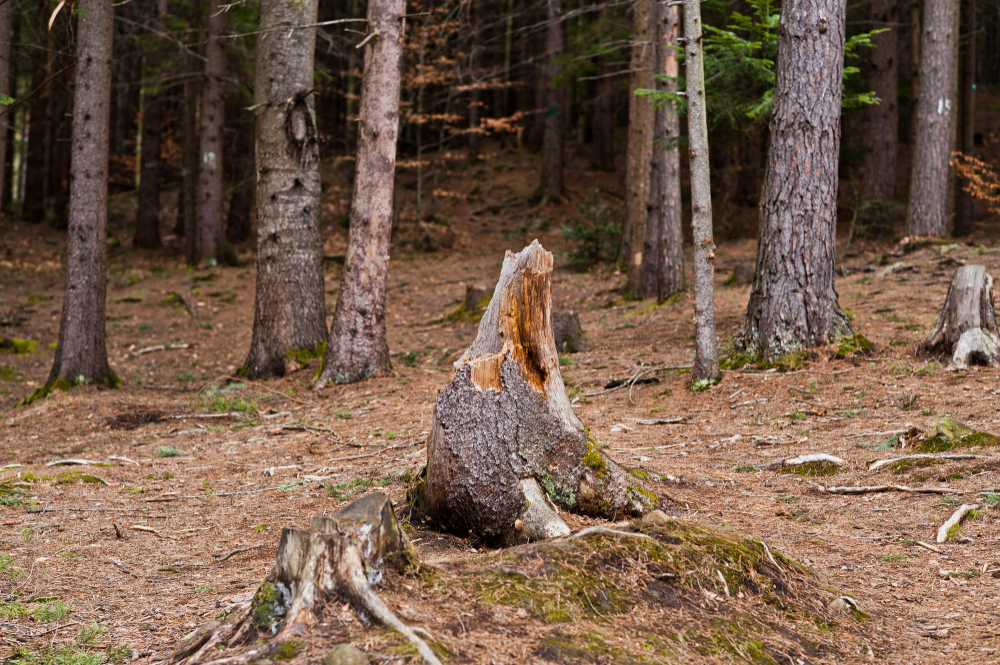Choosing the Right Grass Species for a Healthy Residential Turf
Choosing the right grass species is crucial for maintaining a healthy and attractive residential turf. Different grass species have unique characteristics, such as drought tolerance, shade tolerance, and disease resistance. Choosing the wrong grass species can lead to a weak and unhealthy lawn, making it more susceptible to pests, diseases, and other stress factors. In this blog, we’ll explore the factors to consider when choosing the right grass species for a healthy residential turf.

- Climate
One of the most important factors to consider when selecting a grass species is your local climate. Different grass species thrive in different climatic conditions. For example, warm-season grasses such as Bermuda and Zoysia are well-suited to hot and humid climates, while cool-season grasses such as Kentucky Bluegrass and Fescue are better suited to cooler climates. Research the climate in your region and choose a grass species that is well-suited to the conditions in your area.
- Soil Type
The type of soil in your residential lawn can also impact the health and growth of your grass. Some grass species prefer sandy soil, while others prefer clay or loamy soil. Conducting a soil test can help you identify the soil type in your lawn and choose a grass species that is well-suited to the conditions.
- Sun Exposure
Different grass species have different levels of sun exposure requirements. Some grasses, such as Bermuda and Zoysia, require full sun, while others, such as Fine Fescue, can tolerate shade. Consider the amount of sunlight your lawn receives and choose a grass species that is well-suited to the level of sun exposure in your yard.
- Maintenance Requirements
Different grass species have different maintenance requirements. Some grasses require more frequent watering, fertilization, and mowing than others. Consider the level of maintenance that you are willing and able to provide and choose a grass species that fits your maintenance schedule.

- Pest and Disease Resistance
Different grass species have varying levels of resistance to pests and diseases. For example, Zoysia is resistant to many pests and diseases, while Kentucky Bluegrass is more susceptible. Consider the common pests and diseases in your region and choose a grass species that is resistant to those issues.
Choosing the right grass species is crucial for maintaining a healthy residential turf. Consider the climate, soil type, sun exposure, maintenance requirements, and pest and disease resistance when selecting a grass species for your lawn. With the right grass species in place, you’ll be well on your way to a healthy and attractive residential turf.
DKC Landscaping is one of the Best Lawn Companies In Bucks County as recognized by hundreds of satisfied clients in Newtown, Yardley, Langhorne, Richboro, Southampton, Furlong, New Hope, and Doylestown. If you would like your lawn to be strong and look lush, call us today at (215) 860-5066 or click for free estimate!






